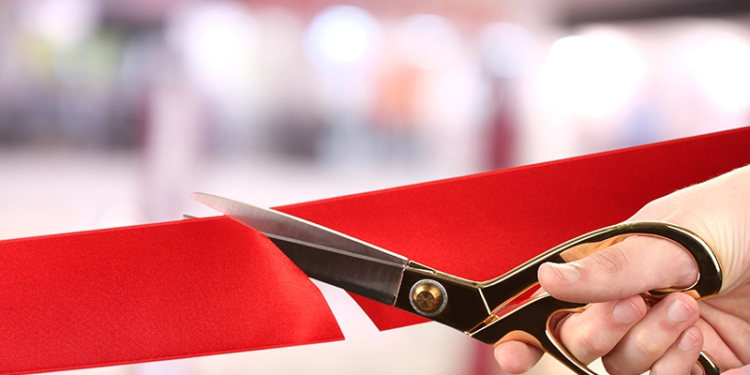Blood vessels and supporting cells may be pivotal partners in repairing nerves ravaged by diabetic neuropathy, and nurturing their partnership with nerve cells might make the difference between success and failure in experimental efforts to regrow damaged nerves, Johns Hopkins University (JHU), Baltimore, Maryland, researchers report in a new study.
About 20 percent of people with diabetes experience neuropathy, which sometimes leads to infections and amputation of the toes, fingers, hands, and feet. Current treatments for diabetic neuropathy focus on relieving symptoms, but don’t address the root cause by repairing nerve damage.
Study leader Michael Polydefkis, MD, MHS, associate professor of neurology at the JHU School of Medicine, assistant professor in the JHU Cutaneous Nerve Laboratory of Neurology Gigi Ebenezer, MBBS, MD, and their colleagues recruited ten patients with diabetic neuropathy and ten healthy people of similar age to participate in the study. Searching for reasons why axons regenerate slowly in people with diabetes, they took three-millimeter “punch” biopsies from the skin of each participant’s thigh. Several months later, they took four-millimeter biopsies from the same site to determine how nerves, blood vessels, and nerve-supporting cells, called Schwann cells, were growing back into the healing biopsy site.
In the neuropathy patients and the healthy individuals, results reported in the June issue of Brain showed that the first to grow into the healing skin were blood vessels, followed by Schwann cells, and then axons, which appeared to use the blood vessels as scaffolds. The entire process, however, was significantly delayed for the neuropathy patients.
“Our results suggest that regenerative abnormalities associated with diabetes are widespread,” Polydefkis said. “They’re not just affecting nerves-they’re also affecting blood vessel growth and Schwann cell proliferation.”
Additionally, he said, the findings could explain why blood vessel-related problems, such as heart attacks and strokes, often accompany diabetes. Slowed regeneration of damaged blood vessels could contribute to these conditions as well, he explained.
Polydefkis said the findings provide potential new targets for treating neuropathy and vascular problems. By promoting blood vessel and Schwann cell growth, researchers might be able to speed up axon regeneration and successfully repair damaged nerves and blood vessels, potentially combating diabetic neuropathy and vascular complications simultaneously.




